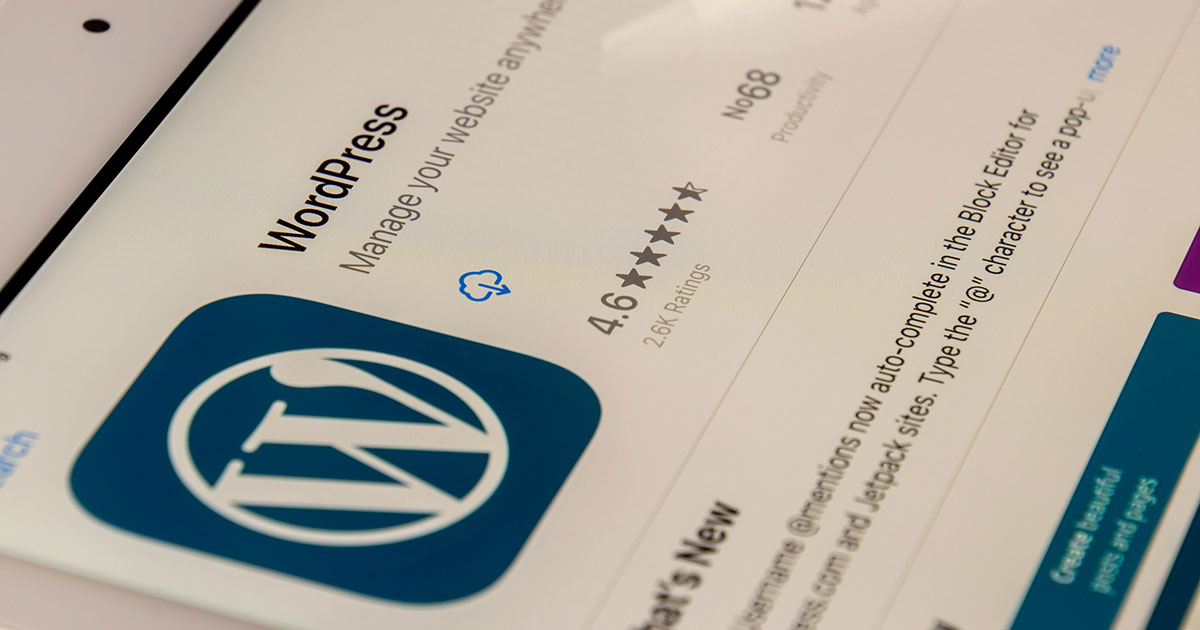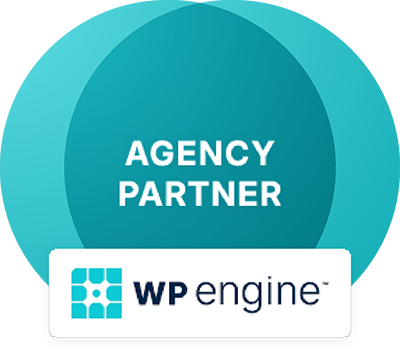




What is the Difference Between WordPress.org and WordPress.com?
If you’re considering using WordPress to build your website, you’ve likely come across two different options: WordPress.org and WordPress.com. At first glance, they might seem similar, but they offer very different experiences when it comes to website creation and management. So, what is the difference between WordPress.org and WordPress.com? In this blog post, we’ll break down the key distinctions between these two platforms to help you choose the best option for your needs.
What is WordPress.org?
WordPress.org is the self-hosted version of WordPress, where you download the free software and install it on your own web hosting server. This platform offers you complete control over your website, including the ability to customize it with any themes, plugins, and custom code.
Key Features of WordPress.org:
- Full Control and Customization: With WordPress.org, you have complete control over your website’s design, functionality, and features. You can install custom themes, add unlimited plugins, and even modify the code to suit your needs.
- Self-Hosted: You’ll need to purchase your own domain name and hosting service. Popular hosting providers like Bluehost, SiteGround, and WP Engine offer easy WordPress installations and support.
- Monetization Options: WordPress.org allows you to fully monetize your website. You can run ads, use affiliate marketing, and sell products through e-commerce plugins like WooCommerce without restrictions.
- Access to Themes and Plugins: With thousands of free and premium themes and over 50,000 plugins available, you can create any type of website, from a simple blog to a complex e-commerce site or membership platform.
- SEO-Friendly: WordPress.org gives you full control over your website’s SEO settings. You can install SEO plugins like Yoast SEO, customize your URLs, and optimize your content for search engines without any limitations.
- No Limitations on Content: You can create and host as much content as you want, including videos, images, and large blog archives. Your only limitation is the storage capacity of your hosting plan.
Who is WordPress.org Best For?
WordPress.org is ideal for individuals, businesses, and developers who want full control over their website and are comfortable managing their own hosting, security, and maintenance. It’s perfect for those looking to create a highly customizable website with specific features and functionality.
What is WordPress.com?
WordPress.com is a fully hosted platform, meaning WordPress.com takes care of your website’s hosting, maintenance, security, and updates. It’s a more simplified version of WordPress that is ideal for beginners or those who don’t want to worry about technical aspects like hosting and site management.
Key Features of WordPress.com:
- Managed Hosting: With WordPress.com, hosting is included. This means that you don’t need to worry about finding a hosting provider or managing technical details like server maintenance or updates.
- Limited Customization: WordPress.com offers limited customization options compared to WordPress.org. While you can choose from a selection of free and premium themes, you have limited access to plugins and are restricted in terms of advanced customization.
- Free Plan Available: WordPress.com offers a free plan, which is great for hobbyists or small blogs. However, the free plan comes with limitations, including WordPress.com-branded ads on your site and limited storage.
- Built-In Features: With WordPress.com, many features, like security updates and backups, are handled automatically. This makes it a low-maintenance solution for users who don’t want to handle the technical side of running a website.
- Monetization Restrictions: Monetization options are limited on the free and lower-tier paid plans. You’ll need to upgrade to a higher-tier plan to remove ads, run your own ads, or integrate with e-commerce platforms like WooCommerce.
- SEO Limitations: While WordPress.com is SEO-friendly, it doesn’t offer the same level of control over SEO settings as WordPress.org. On the free plan, for example, you can’t install advanced SEO plugins, and you have less flexibility in customizing meta descriptions, URLs, and other SEO elements.
Who is WordPress.com Best For?
WordPress.com is best suited for beginners, hobbyists, and those who want a simple, hands-off approach to website building. It’s also a good option for personal blogs or small sites that don’t require a lot of customization or advanced features.
Key Differences Between WordPress.org and WordPress.com
1. Hosting:
- WordPress.org: Requires you to purchase and manage your own hosting. We think this is an advantage because it allows you select premium hosting with companies like WPEngine, Kinsta, etc.
- WordPress.com: Includes hosting as part of the package.
2. Customization:
- WordPress.org: Offers unlimited customization with full access to themes, plugins, and code.
- WordPress.com: Limited customization, especially on the free and lower-tier plans.
3. Cost:
- WordPress.org: While the WordPress software is free, you’ll need to pay for domain registration, hosting, and premium themes/plugins.
- WordPress.com: Offers a free plan, but you’ll need to upgrade to paid plans for more features, including custom domain support and ad-free experiences.
4. Monetization:
- WordPress.org: You can run ads, use affiliate marketing, and sell products with no restrictions.
- WordPress.com: Monetization is limited on lower-tier plans, and you’ll need a premium plan for full ad and e-commerce capabilities.
5. Control Over Your Site:
- WordPress.org: Complete control over every aspect of your website.
- WordPress.com: Limited control, especially in terms of plugins, themes, and code.
6. Maintenance:
- WordPress.org: You’re responsible for updates, security, and backups.
- WordPress.com: WordPress.com handles all maintenance, including security updates, backups, and performance optimization.
Which Platform Should You Choose?
Choosing between WordPress.org and WordPress.com depends on your goals, technical skill level, and how much control you want over your website. Here are some scenarios to help guide your decision:
Choose WordPress.org if:
- You want full control over your website’s design, features, and functionality.
- You plan to monetize your website through ads, affiliate marketing, or an e-commerce store.
- You’re comfortable with the technical side of managing a website or are willing to hire a developer for customizations.
- You need access to a wide variety of plugins and themes to create a unique, feature-rich website.
- You want to integrate your website with third-party software to enhance functionality, streamline operations, and improve user experience through features like analytics, CRM, LiveChat, payment processing, or social media integrations.
Choose WordPress.com if:
- You want a hassle-free experience with managed hosting, maintenance, and security.
- You’re a beginner looking to create a personal blog or small website.
- You don’t need advanced customization or monetization options.
- You prefer not to deal with the technical aspects of running a website.
Conclusion
Understanding the differences between WordPress.org and WordPress.com is crucial in choosing the right platform for your website. WordPress.org is the best choice if you need full control, advanced customization, and monetization options, but it requires managing your own hosting and maintenance. WordPress.com offers a simpler, managed experience but comes with limitations in customization, monetization, and control.
At Masthead Technology, we specialize in WordPress development and can help you decide which platform is best suited to your needs. Whether you choose WordPress.org for full flexibility or WordPress.com for ease of use, we can help you build a website that aligns with your goals. Contact us today to get started!



